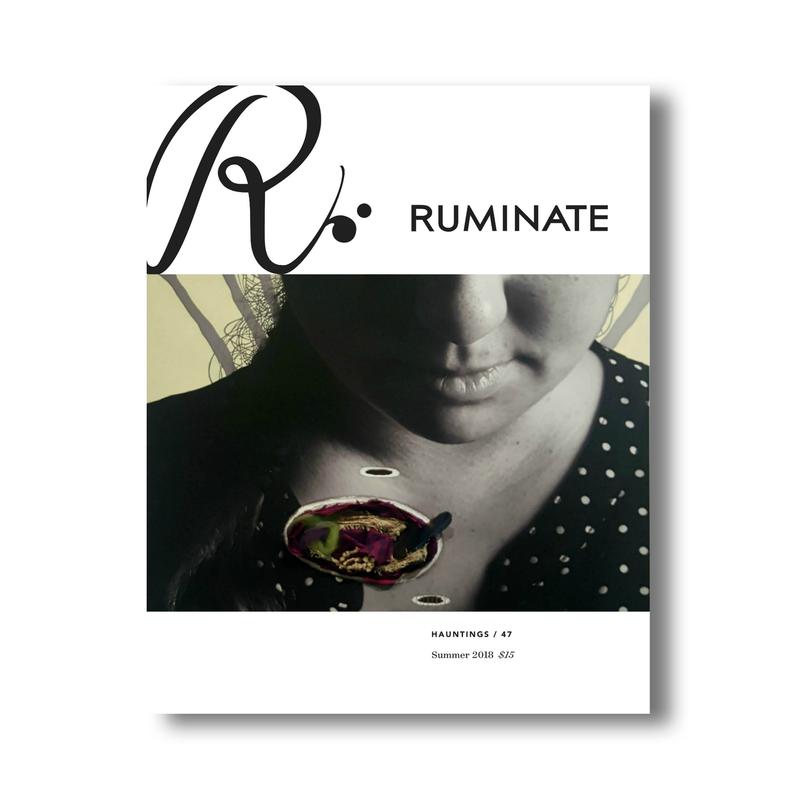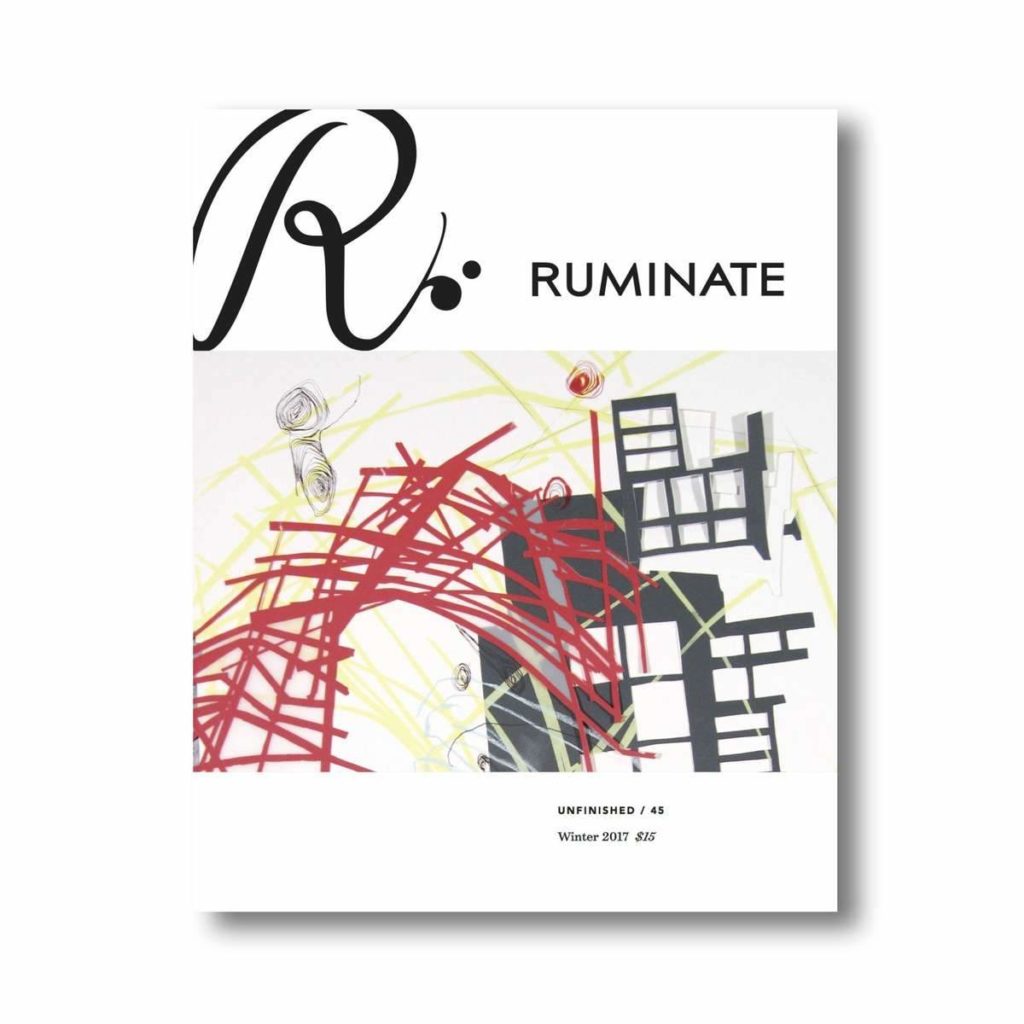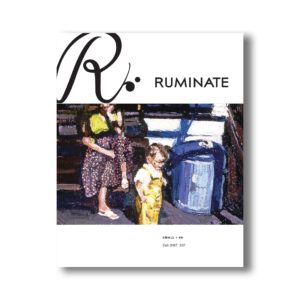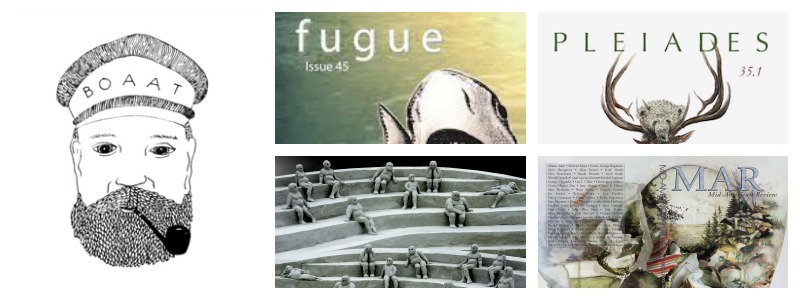I made a playlist for Fossils in the Making! Listen and read more about it at Largehearted Boy.
My poetry is grounded in music. I do not consider sense to be more important than sound in any hierarchy of “meaning” and often trust what I call the “sonic logic” of a line or phrase more than its semantic logic. For this playlist, rather than choosing songs that influenced or inspired individual poems, I collaborated with musicians Trevor Welch and Levi Bagdanov to do the reverse: to find songs that were conjured or evoked by the music in the poems themselves. What follows, then, is a type of sonic accompaniment for Fossils in the Making that echoes, recalls, and responds to different aspects of the collection.



 The
The 
